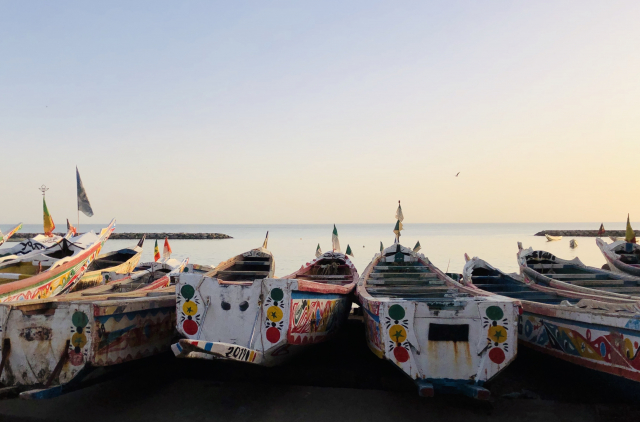General aspects
Senegal is a coastal country with a wide range of rural areas hosting a number of unique ecological communities. The region is characterised by highly productive marine ecosystems and is a hotspot for large fish populations.
Fish stocks are critical to maintain ecosystem functions and ecological services, including food provision and job creation.
Scientific knowledge on how environmental stress affects functional diversity (a key component of biodiversity) in the region is urgently needed to guide strategies aimed at conserving biodiversity and promoting sustainable economic growth. Despite the importance of functional diversity, this metric is rarely considered when science is connected to governance and policy.
The overall goal of this project is to produce scientific knowledge for the conservation of fish functional diversity from socially inclusive and environmentally sustainable economic growth perspectives in Senegal.
Main goals
Since successful policies are those that meet the specific needs of a society, our goals are to: (1) gather and integrate local population and resource users’ perspectives on strategies for conserving functional diversity, (2) develop capacities and knowledge about functional diversity among graduate students, and (3) exchange knowledge with relevant stakeholders, including governmental agencies, ministries, and members of the Senegalese National Assembly.
More
More details about this project can be found at MeerWissen, an African-German partnership for ocean knowledge.
International Project Partners |
|---|
|
Prof. Dr. Mouhamed M. Fall (African Institute for Mathematical Sciences, AIMS) Dr. Adama Mbaye (Institut Sénégalais de Recherche Agricole / Centre de Recherche Océanographique de Dakar-Thiaroye, ISRA / CRODT) |





